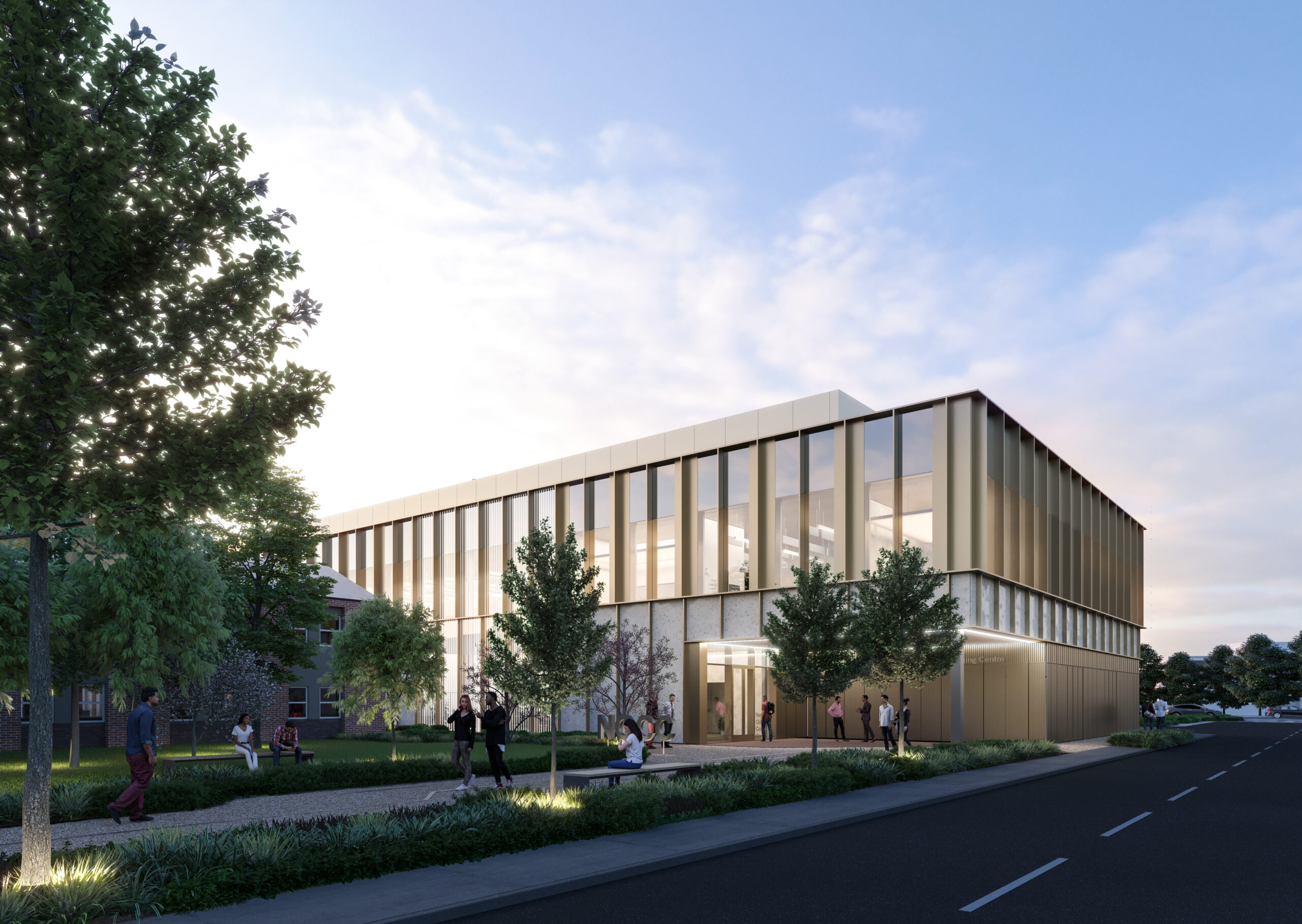
Within the quantum computing industry, one of the biggest names is the National Quantum Computing Centre (NQCC) in the United Kingdom. The NQCC is a flagship quantum initiative to advance technology within the country, as part of the National Quantum Technologies Programme. Funded by the UK Research and Innovation, and jointly delivered by the Engineering and Physical Sciences Research Council (EPSRC) and the Science and Technology Facilities Council (STFC), the NQCC is working on next-level technology. “The NQCC aims to address the challenges of scaling emerging quantum computing technologies by working across government, industry and the research community,” said Dr. Simon Plant, the Deputy Director for Innovation at the NQCC. “The NQCC is committed to developing a Noisy Intermediate Scale Quantum (NISQ) machine by 2025 that demonstrates the capabilities of the technology. The Centre will provide assured access to developers and promote the formation of a strong UK-based quantum computing supply chain for key component technologies. These activities will help to drive efforts towards the roadmap for a universal fault-tolerant quantum computer in future.” Plant is optimistic about the efforts of the NQCC, as he explained that the successful partnerships between businesses and research institutions are making quantum computing possible. He believes that the UK will remain internationally competitive thanks to the commissioning of new facilities, which will deliver important quantum computing power and other capabilities. Having been assigned the role of Deputy Director in 2020, he has an important role to play in the future of quantum innovation.

The new facility for the NQCC is an important step for its future, as it is being built to house next-generation technology. According to Plant: “The design and construction of the facility are key aspects of the NQCC’s initial 5-year programme. The breaking-ground ceremony represents a symbolic moment ahead of construction works commencing. It follows a period of detailed architectural design and onsite enabling works – it’s a key milestone in the development of the facility.” This building is due to be completed by early 2023. When explaining what the building will look like, Plant mentioned that “it is intended to be a landmark facility that enables the NQCC to be a world-class institution for research and development in this field. The vision is to create a vibrant environment, promoting collaboration between technologists and researchers, and attracting visitors internationally. The facility will allow for the co-location of hardware and software developers and will feature the required infrastructure in which to build, operate and host quantum computers. It will provide an excellent basis for forming collaborations and working with partners across industry and the research community.” The building provides promise for future capital markets, as well as further successful partnerships to forge and research quantum computing. The NQCC’s new building is to be located in Oxfordshire, on the Harwell Science and Innovation Campus, which is home to other national research facilities and industry clusters focusing on energy technology, space and healthcare. As an alumnus of the University of Oxford, Plant can’t help but be excited by the prospect of a new hub headquartered in the region, given its long-standing contribution to quantum information science research – but one which is set to deliver benefits nationally and impacts on the international stage.
Plant believes that it’s important to have a space dedicated to quantum computing specifically as: “Significant technical challenges need to be overcome to deliver practical quantum computers at scale, requiring collaborative efforts across different disciplines and early engagement with prospective end-users to understand potential applications more fully. The NQCC seeks to support the emerging UK quantum industry bridge that gap through multidisciplinary collaboration and providing the support to overcome some of these key technological challenges. The NQCC will also identify the building blocks required to progress along the roadmap towards future general-purpose quantum computers, commissioning work early on to ensure these component technologies are available when needed.” Plant believes that this facility will encourage more partnerships and collaboration for quantum research. Having a designated space to solve these technological problems, and work on innovating the future is essential for progress to be made. A building for quantum computing helps the NQCC make a name for itself as a global leader in quantum computing and encourages more interest, and investment, to go into this industry.
 The NQCC is just one part of the overall interest in quantum computing. As interest in this field grows, so does funding and investments. Plant has found that the: “pace of investment has recently been accelerating – with a very positive outlook for the UK in terms of the investment that companies are attracting. The NQCC is part of the National Quantum Technologies Programme, which started in 2014 and involves the delivery of £1 billion of public and private sector investment over 10 years, to develop and deliver quantum technologies across the areas of sensing, timing, imaging, communications and computing.” Plant is hopefully that over the next few years, the NQCC and other companies can help to deliver innovative technology into various sectors of society, increasing efficiency. Their new building is a mere foreshadowing of the predicted growth within quantum technology.
The NQCC is just one part of the overall interest in quantum computing. As interest in this field grows, so does funding and investments. Plant has found that the: “pace of investment has recently been accelerating – with a very positive outlook for the UK in terms of the investment that companies are attracting. The NQCC is part of the National Quantum Technologies Programme, which started in 2014 and involves the delivery of £1 billion of public and private sector investment over 10 years, to develop and deliver quantum technologies across the areas of sensing, timing, imaging, communications and computing.” Plant is hopefully that over the next few years, the NQCC and other companies can help to deliver innovative technology into various sectors of society, increasing efficiency. Their new building is a mere foreshadowing of the predicted growth within quantum technology.

References:
“UKRI Appoints Two Deputy Directors for the National Quantum Computing Centre.” UKRI NQCC, July 13, 2021.
Photos Courtesy of UKRI.
For more market insights, check out our latest quantum computing news here.
















